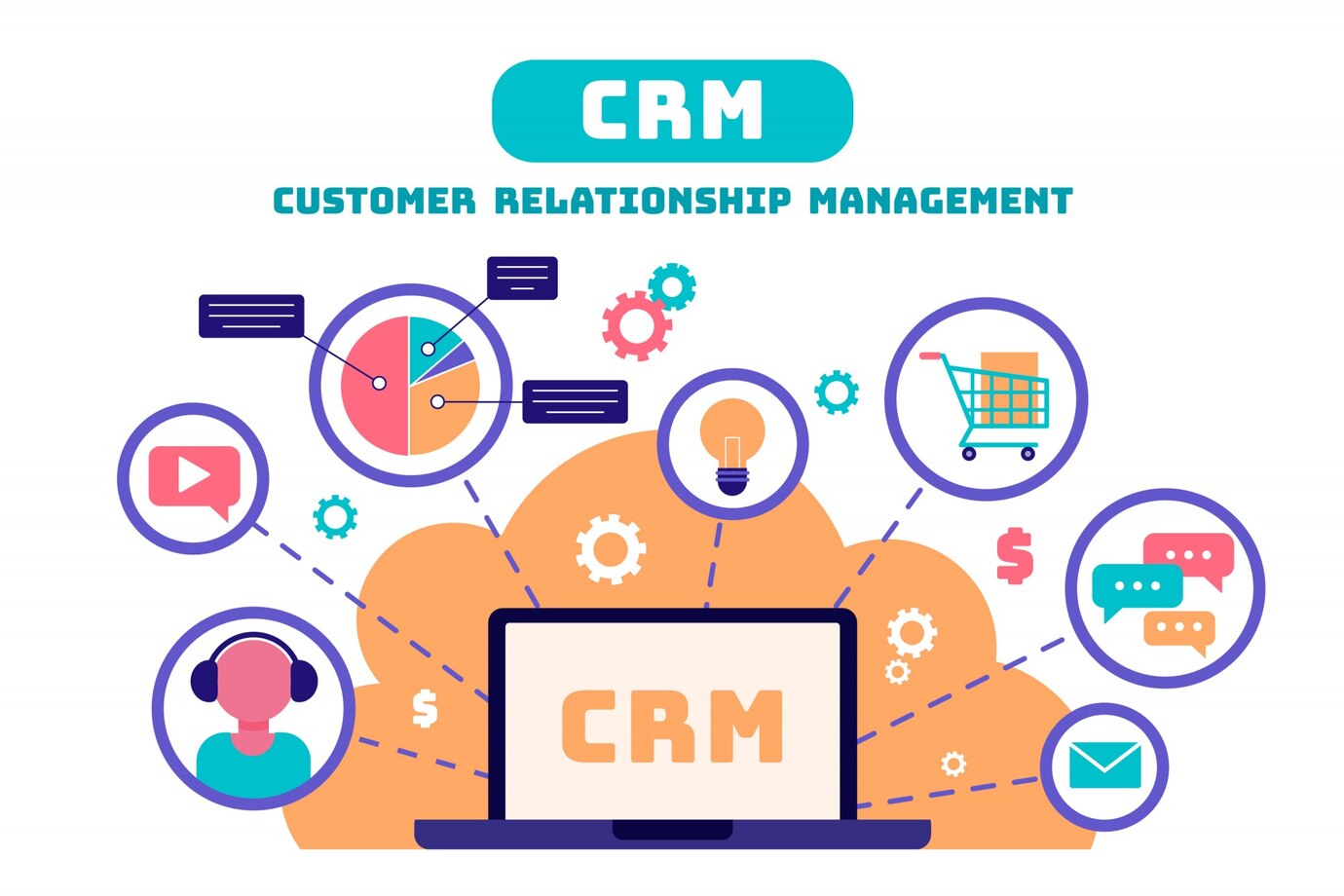Surrounded by cutthroat competition, building and maintaining strong relationships with customers is crucial for success. Customer Relationship Management (CRM) software plays a pivotal role in helping businesses manage and nurture these relationships effectively. In this blog post, we'll delve into what CRM is, who should use it, its benefits, common features, and future trends in CRM technology.
What is CRM?
CRM refers to a strategy, process, or technology used by businesses to manage and analyze customer interactions and data throughout the customer lifecycle. It involves leveraging technology to streamline sales, marketing, and customer service activities to enhance customer satisfaction and drive growth.
Who Should Use CRM?
Businesses of all sizes and across various industries can benefit from implementing CRM systems. Sales teams use CRM to track leads, manage pipelines, and forecast sales. Marketing teams utilize CRM to segment customers, personalize communications, and measure campaign effectiveness. Customer support teams rely on CRM to provide timely and efficient assistance, track customer issues, and improve service quality.
Benefits of Using CRM:
- Improved Customer Relationships: CRM enables businesses to better understand their customer's needs and preferences, leading to more personalized interactions and enhanced customer satisfaction.
- Increased Sales Efficiency: By centralizing customer data and automating repetitive tasks, CRM helps sales teams prioritize leads, identify cross-selling opportunities, and close deals faster.
- Enhanced Marketing Effectiveness: CRM enables targeted marketing campaigns based on customer segmentation and behavior analysis, resulting in higher engagement and conversion rates.
- Streamlined Communication: CRM facilitates seamless collaboration and communication across departments, ensuring everyone is aligned in delivering exceptional customer experiences.
- Better Insights and Analytics: CRM provides valuable insights into customer behavior, sales performance, and market trends, empowering businesses to make data-driven decisions and optimize strategies.
Common Features of CRM:
- Contact Management
- Lead Tracking
- Opportunity Management
- Sales Pipeline Management
- Marketing Automation
- Customer Service and Support
- Reporting and Analytics
Future Trends in CRM Technology:
- AI and Predictive Analytics: Advanced AI capabilities will enable CRM systems to predict customer behavior, anticipate needs, and recommend personalized actions.
- Omni-channel Integration: CRM platforms will integrate seamlessly with various communication channels (e.g., social media, email, chat) to provide a unified customer experience.
- Mobile CRM: With the increasing use of mobile devices, CRM solutions will prioritize mobile accessibility, allowing users to manage customer relationships on the go.
- Integration with Emerging Technologies: CRM systems will leverage emerging technologies such as IoT, blockchain, and augmented reality to deliver innovative customer experiences and improve operational efficiency.
Conclusion:
Customer Relationship Management is not just a software solution; it's a strategic approach to building and nurturing customer relationships to drive business success. By leveraging CRM technology effectively, businesses can gain a competitive edge, increase customer loyalty, and achieve sustainable growth in today's dynamic market landscape.

